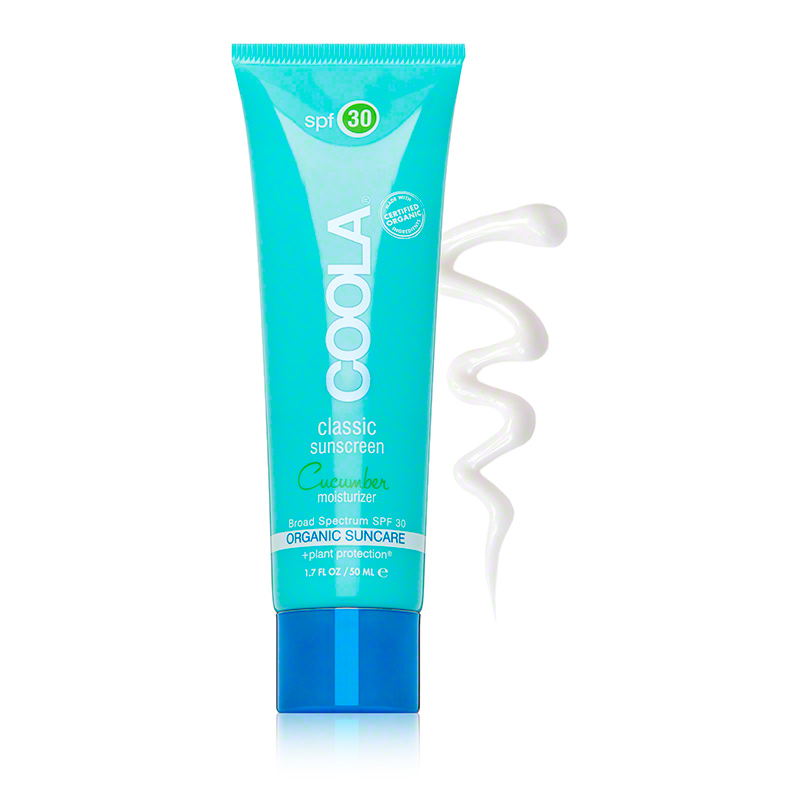
Studies show that eating certain fruit and vegetables-strawberries and tomatoes, for instance-can build your sun protection defenses from the inside out. Not sure where to start? We asked dermatologists to share their picks for the best natural sunscreens.Eating a plant-centric diet is a good start in protecting you from the sun’s damaging rays. Her best recommendation is a mineral sunscreen lotion that's water-resistant, has UVA and UVB protection, and comes with an SPF between 30 and 70. Markowitz explains, are less protective because they're thin and easy to sweat off. "It's better to wear SPF 30 with a good long-lasting vehicle than to wear SPF 50." By vehicle, she's referring to the form of the sunscreen: cream, lotion, gel, or spray.
BUY COOLA SUNSCREEN SKIN
"While SPF is important, there is a misconception that a greater SPF equals more protection and this isn't always the case," dermatologist and skin cancer specialist Orit Markowitz, MD, adds. The formula of your sunscreen is also important to take into consideration. You can also look for sunscreens that have more benefits than just sun protection, thanks to ingredients like shea butter, vitamin E, or antioxidants (including niacinamide), which are more hydrating and calming to skin when out in the sun. If you want a natural sunscreen that contains only mineral blockers, make sure to turn the bottle over and confirm that there are no chemical ultraviolet blocking ingredients, Dr. When choosing the best natural sunscreen for your needs, you'll need to decide what is most important to you. Mineral sunscreens made with zinc oxide are great options that protect you by reflecting and scattering ultraviolet radiation (so that it doesn't penetrate the skin).ħ Zinc Oxide Sunscreens, Recommended by Dermatologists Best for the Whole Family: Supergoop! Sunnyscreen 100% Mineral LotionĪssuming the term is referring to mineral sunscreens, those with skin conditions-such as eczema or rosacea-or with sensitive skin, would benefit from using a natural sunscreen rather than risking irritation with a chemical sunscreen, Dr.Best Full-Body: Colorescience Sunforgettable Total Protection SPF 50 Body Shield.Best Tinted: EltaMD UV Elements Tinted Broad Spectrum SPF 44.Best Spray: Alba Botanica Sensitive Spray Sunscreen.Best Anti-Redness: Coola Organic Mineral Sun Silk Creme Sunscreen.Best Matte: Supergoop! Unseen Sunscreen SPF 40.Best Overall: Badger SPF 30 Clear Zinc Sunscreen Cream.These are the best ones available now, according to dermatologists: The takeaway? Buyers need to be aware that when it comes to natural sunscreens, not all products are created equal. Others contain chemical blockers, but use only natural, sustainable ingredients, he adds.
BUY COOLA SUNSCREEN FREE
Some brands define natural as free of chemical ultraviolet blockers, says dermatologist Joshua Zeichner, MD. In her eyes, 'natural'-in terms of sunscreen-implies that the product uses mostly physical blockers (read: mineral sunscreens with zinc oxide and titanium dioxide) and contains less additives, she explains.

But believe it or not, 'all natural' is not an FDA-regulated term, so the reality of what it means can vary from product to product, says Rachel Nazarian, MD, a New York-based dermatologist.

If you're conscious of the ingredient labels on your skincare products, you may find yourself in search of an all-natural option that keeps your skin protected from the sun. Sunscreen is a must year-round, but it's especially important during the summer when outdoor adventures expose us to more UV rays than we'd face indoors.


 0 kommentar(er)
0 kommentar(er)
